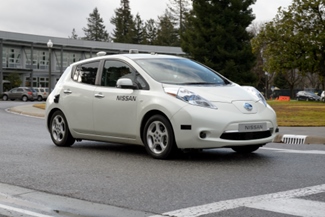An Uber-Unethical App Requiring Expert Code Examination

Medical System Provides Shocking Benefits to Those Fighting Cancer
April 13, 2017
About the (Literally) Embedded Systems on Police Officers
June 1, 2017An Uber-Unethical App Requiring Expert Code Examination

It’s the perfect scam:
As an Uber driver, buy as many stolen iPhones as you can, order yourself as a driver, and then rake in the cash from Uber HQ.
This was the thought process of many fraudsters in China.
Uber, upset about having the wool pulled over their eyes, came up with a solution: Keep track of who owns what iPhone. One problem though: this is a serious breach of privacy.
Uber started this method of tracking, known as fingerprinting, as early as 2014. The order to do so likely came right from Uber’s CEO, Travis Kalanick, who has been accused of making risky and borderline unethical business decisions.
This business move was banned by the Apple App Store, but that didn’t stop Uber from getting what it wanted. So, they devised a way to keep Apple from knowing about their misdeeds: They manipulated the code so it would change. This enabled them to fly under Apple’s radar for a while, but ultimately, they were caught and told to change their code or be banned from the App Store.
But why is this business practice unethical?
Let’s say you’re downtown and need a ride home. You download Uber, get a ride, and delete the app, because you don’t need it anymore. That should be where you and Uber part ways. However, Uber would have kept track of who owns your phone, forever.
When this story broke, code expert Will Strafach was brought in to examine code reaching as far back as 2014. He confirmed the suspicions that Uber was up to no good. Because of the code that has been analyzed and proven to be unethical (and possibly illegal), Consumer Watchdog has submitted a complaint to the Federal Trade Commission (FTC).
Time will only tell what will happen with Uber, but until then, let’s be thankful for those code experts who revealed what Uber was doing.
Eric Cawley is an occasional blogger for Gary Stringham & Associates. Gary provides consulting and expert witness services in embedded systems such as robotics. Feel free to contact Gary at 208-939-6984.



